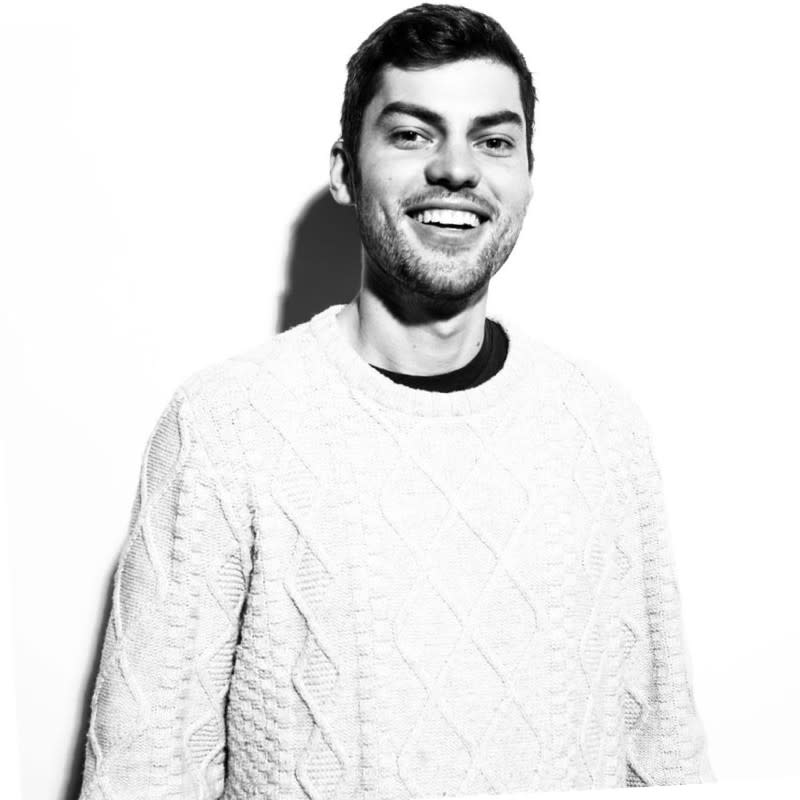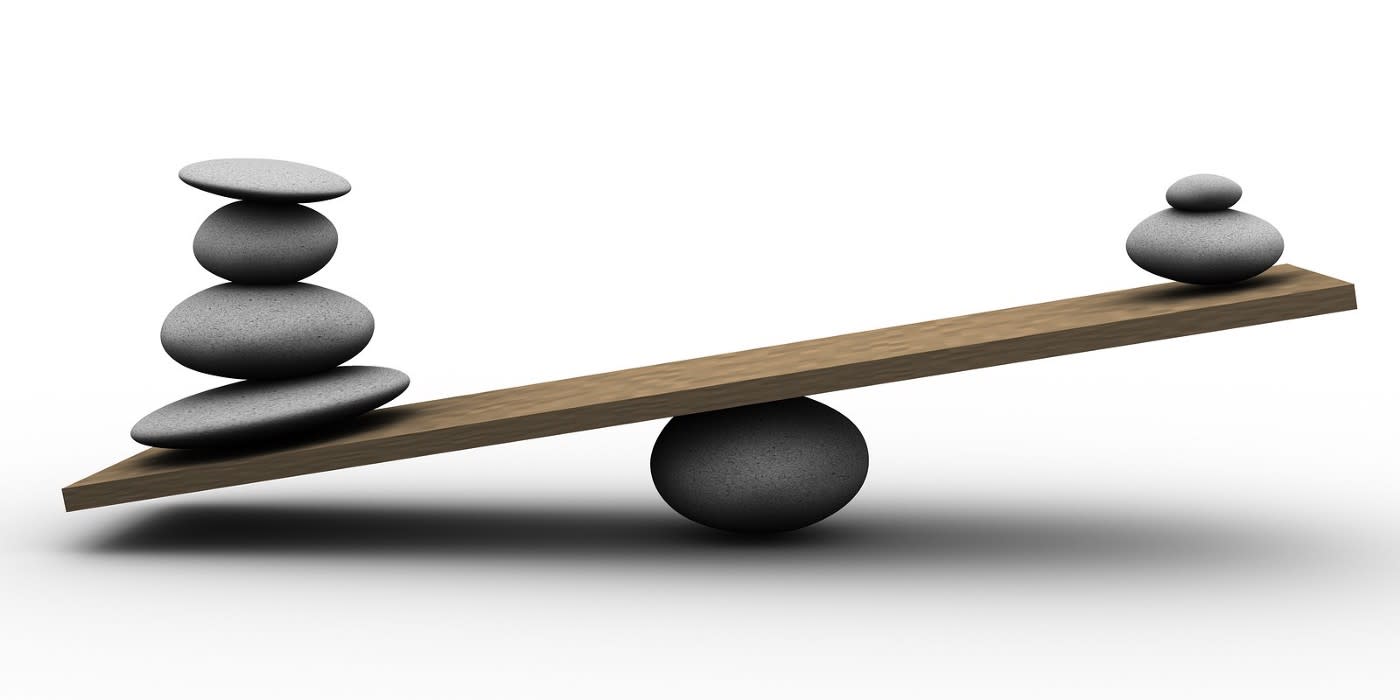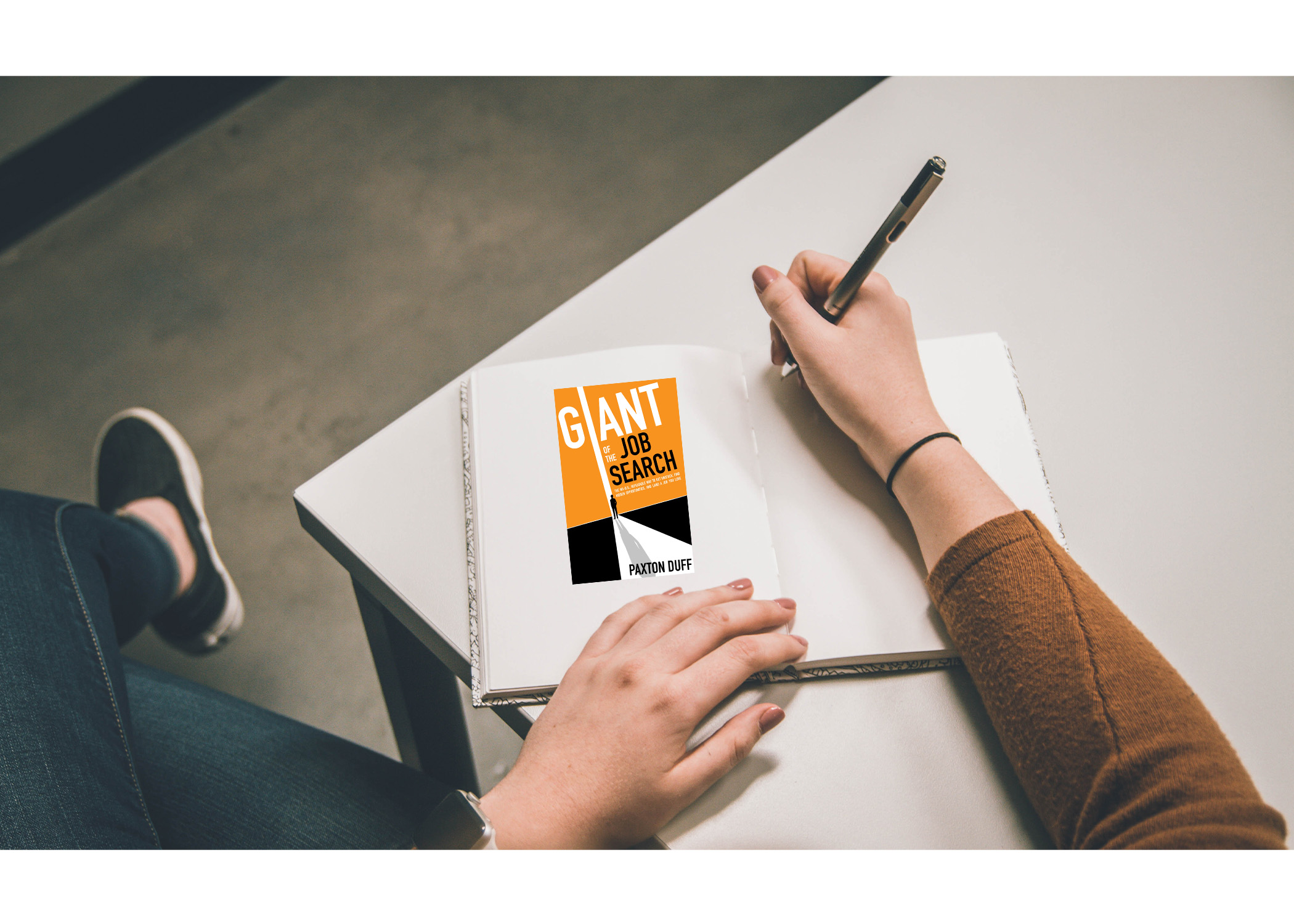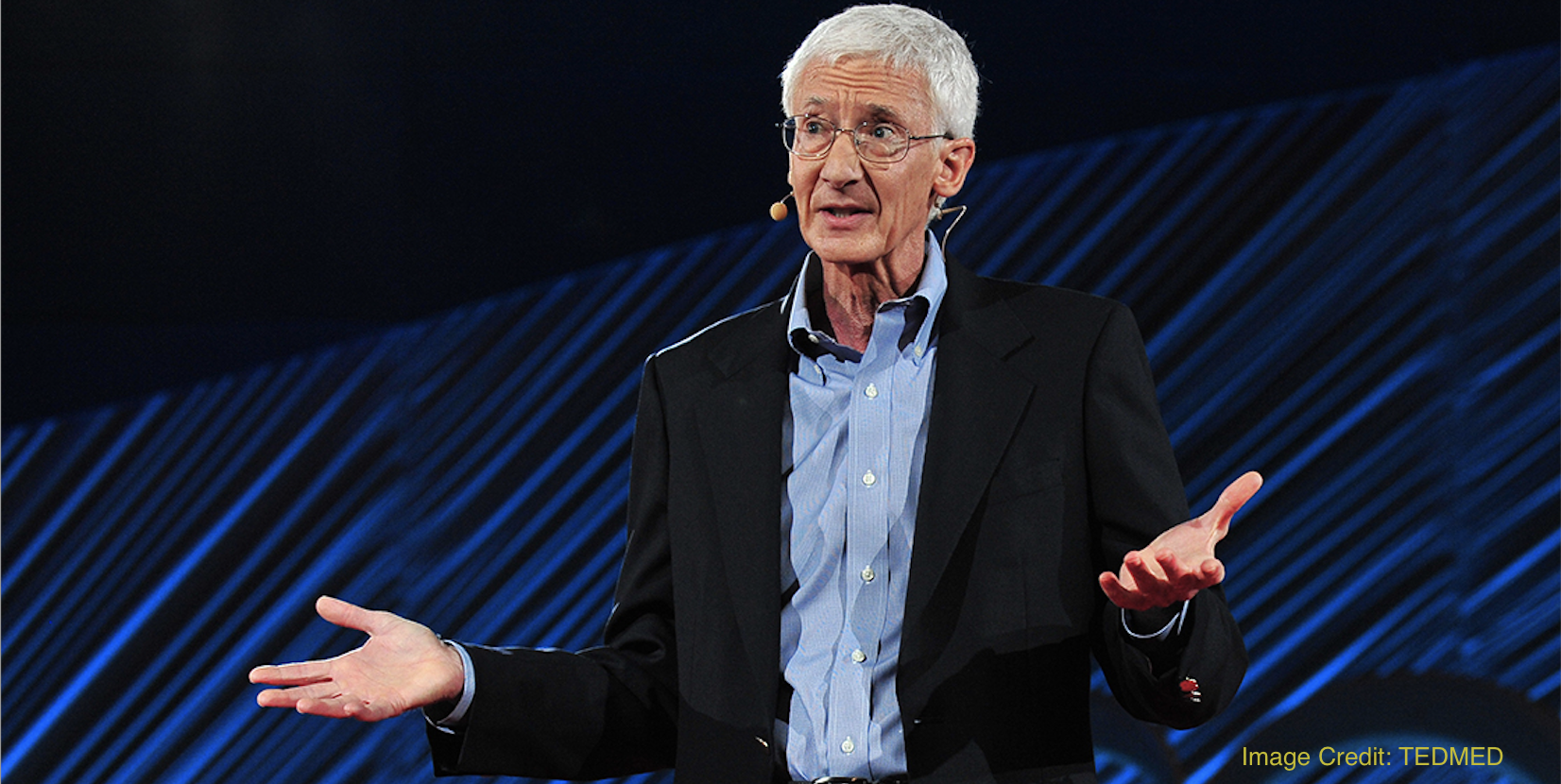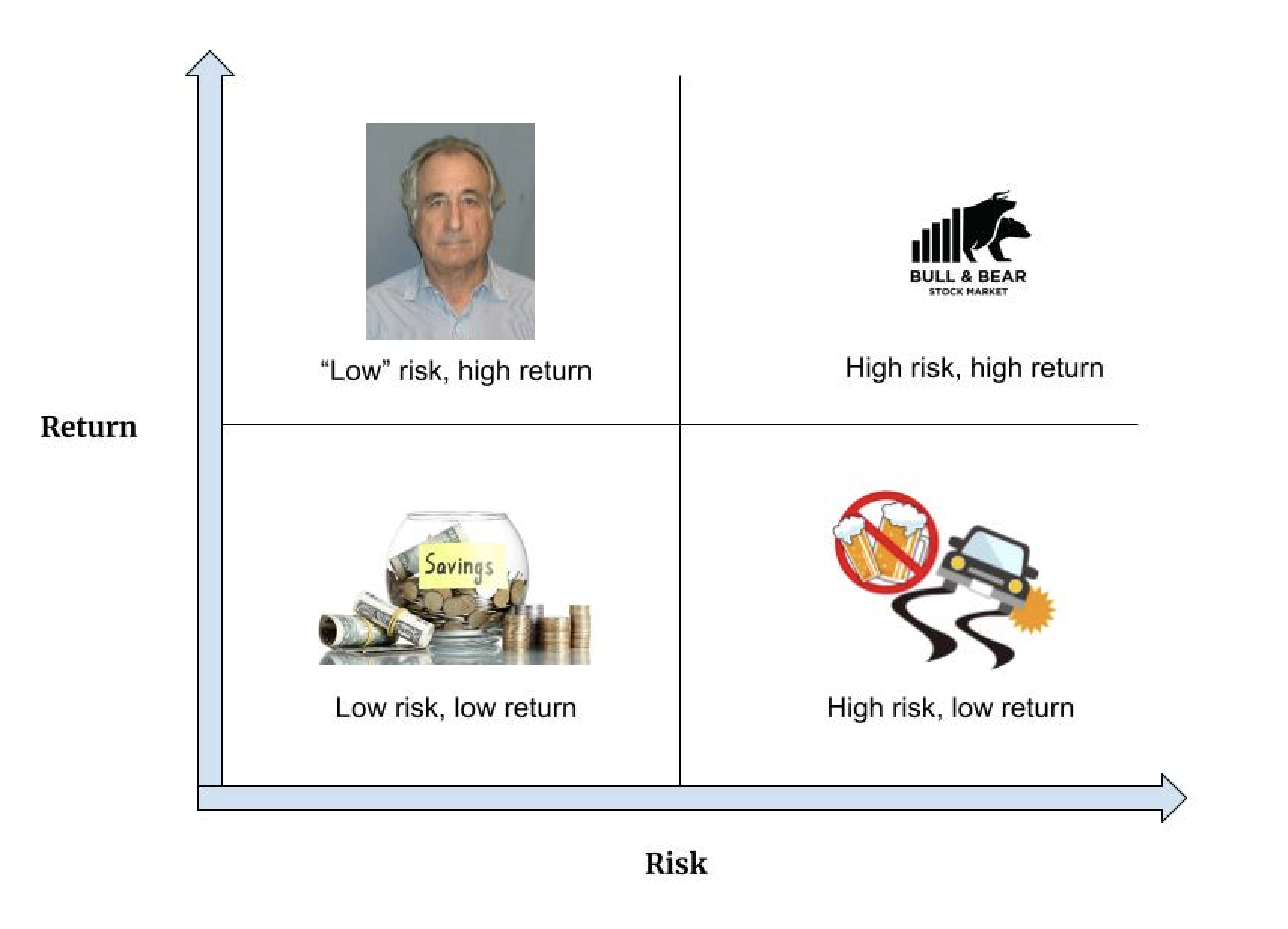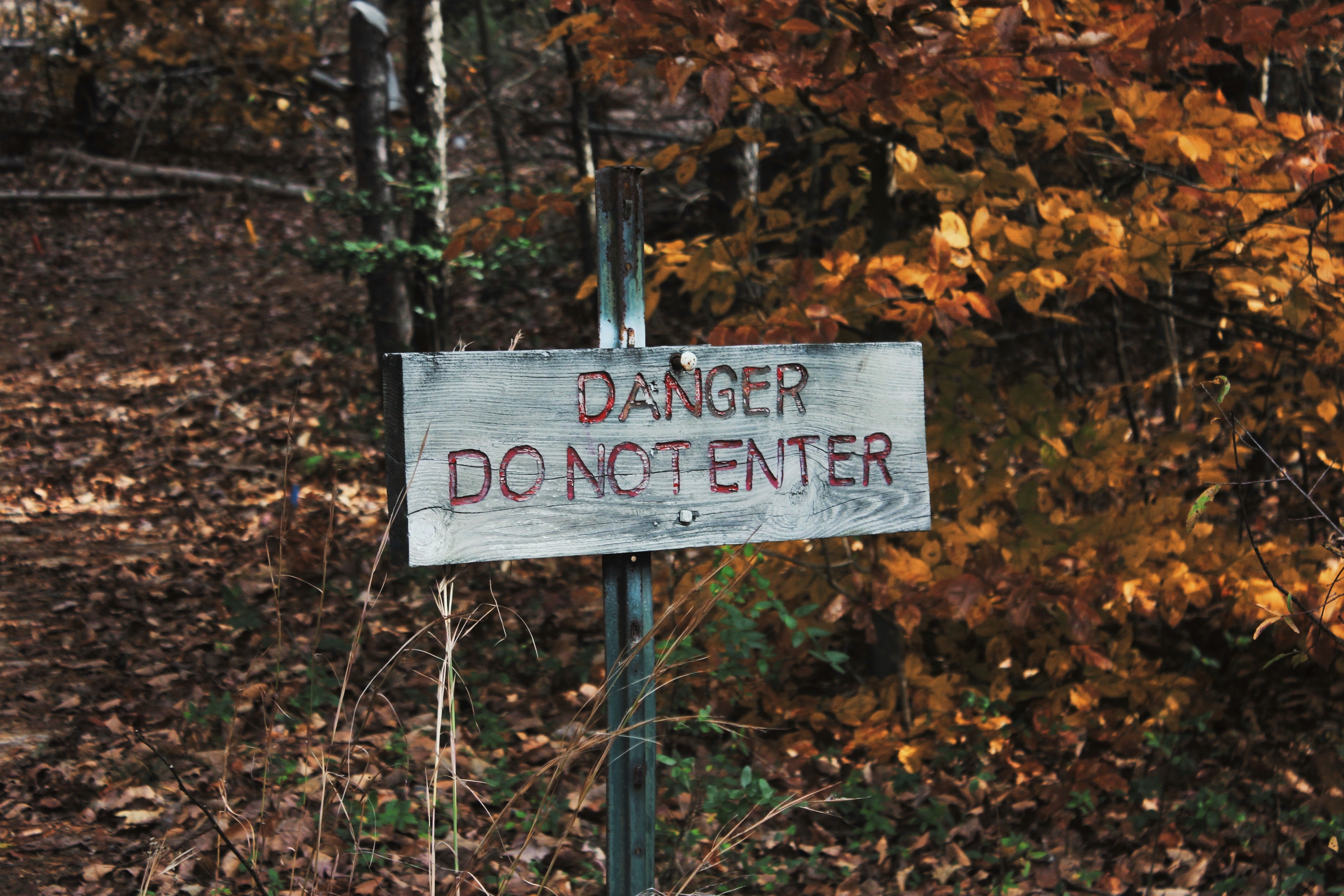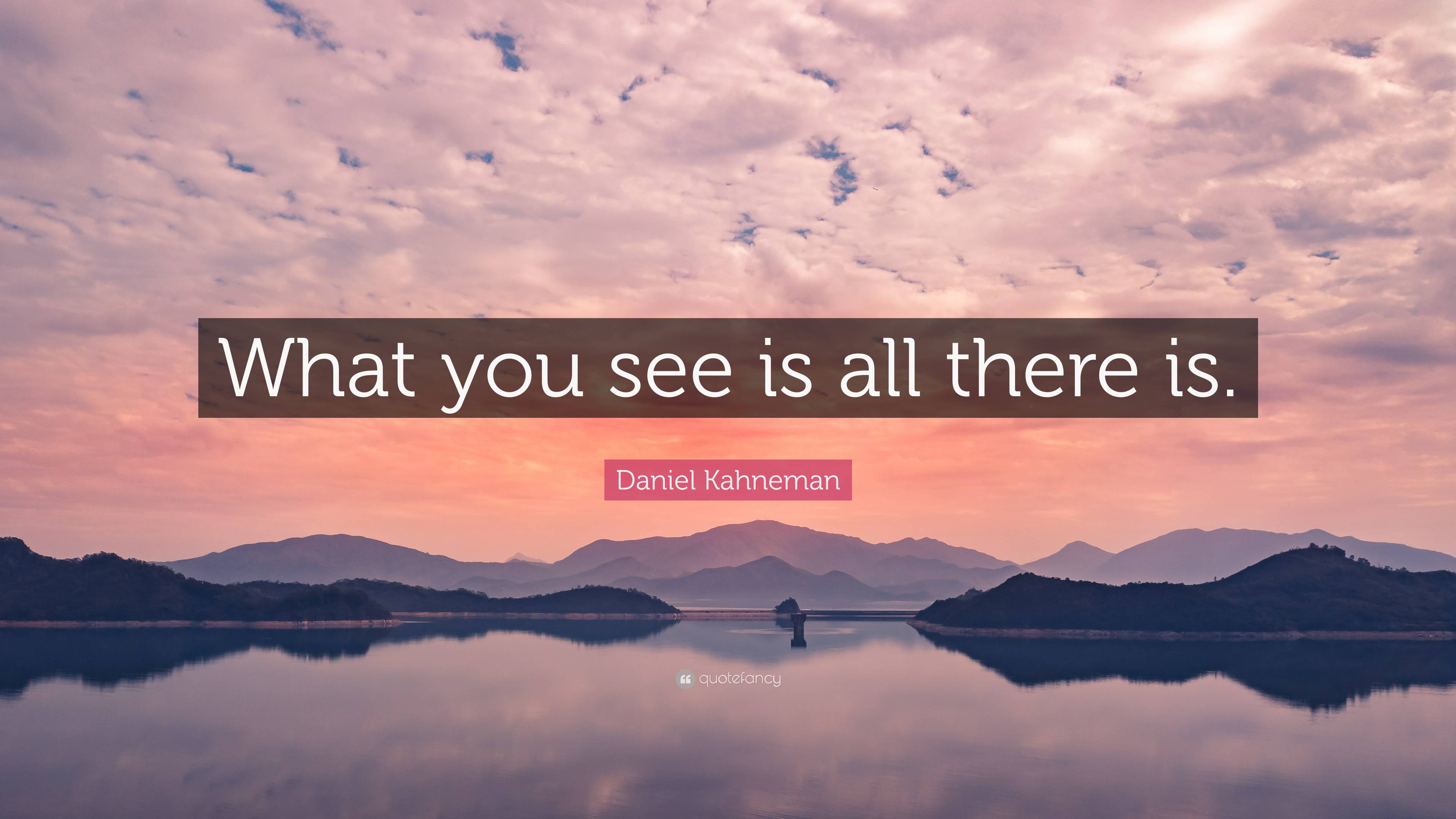Too Much One Way and Not Enough the Other
Last Place
Big decisions are stressful. I have forever coped with this stress by making decisions with blind emotion rather than sober analysis, which is the decision-making style of successful people. Over the course of this year, I decided that it was time to change myself from “blind-emotional decision maker” to “reasonable human.”
The only roadblock that I faced in this daunting quest was finding an opening during my hundreds of hours of free time in Mexico to sit down and reflect on my weaknesses. I looked at my weekly schedule and shook my head: that Einstein biography wasn’t going to read itself, and those 14 YouTube videos explaining flotation at a third-school level weren’t going to watch themselves. I was truly at an impasse.
Since procrastination is my other deadly flaw, it occurred to me that I could face reality in a few weeks. Or months. Or when I returned to the United States of America.
Out of nowhere, reality hit me like twenty-four Waffle House waffles. As I lounged across the closet floor in the midst of my last-place hazing—six hours of solitary confinement while I ate my body weight in empty calories—I had a waffle-induced epiphany that shook me to my bloated core. If I don’t change my ways, an unprecedented third last-place finish in the acclaimed Hogballs Fantasy league loomed on the horizon.
My process of waking up to my poor decision style began well before that day in the closet (and is obviously still ongoing). This process was aided by two writers who impacted me during the past year. In his excellent blog Wait But Why? (“WBW”), Tim Urban mixes humor and a wide array of complex topics from the ground up. He tackles everything from Iraq to artificial intelligence to Tesla on WBW, and he helps the reader build the “tree trunk” of foundational knowledge in an age where people throw around buzzwords that they don’t truly understand. I came across the WBW “Getting to Know Yourself Roller Coaster” in a post, and it lingered in my mind for months.
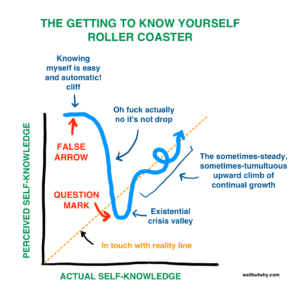
Although I enjoyed the coaster’s main point, it wasn’t until this summer that I felt a personal connection with the coaster in the form of the “oh f*** actually no it’s not” drop. During this process, I slightly awoke to my own negative tendencies and realized that they exist in reality, and not just in theory. More on this in a moment.
When I stumbled upon the second writer that I alluded to—Ray Dalio, and his book, Principles—the concept of self-improvement took on a different meaning. But, after reading about Dalio’s mental models that helped him grow as a person and investor, I shifted the way that I think about change. Not only is everything is always changing, including ourselves, but life is impossible without evolution. The best thing we can do is take ownership and steer our own, personal evolutions.
The best way to steer this ship is to think of ourselves as computer software (Elon Musk always references his thought patterns as his “software”), with the catch being we are also the programmer of our own software. As Dalio writes in one of my favorite lines:
You are both the manager and the worker. To be successful, the designer/manager has to be objective about ‘worker you,’ with no false beliefs… Instead of having this strategic perspective, most people operate emotionally and in the moment; their lives are a series of undirected emotional experiences, going from one thing to the next. If you want to look back on your life and feel you’ve achieved what you wanted to, you can’t operate this way.
Oops.
Ok, I’m Suddenly 3.4% Less Delusional and Now I’m Scared, What Next?
To succeed more at fantasy football, and I guess at life, I hoped to make the plunge from the blue line to the orange line: from delusion to… 3.4% less delusion. The people who are truly self aware (I am not yet one of them) all experience a trajectory like this throughout life. Unsurprisingly, most people avoid the coaster, or they wait so long on the “knowing myself is easy and fun” cliff that the only options are continued delusion or insanity. My Hogballs franchise did not have the luxury of further delusion, and I am already insane, so I decided it was time to take a drop on the scariest roller coaster of them all.
Evolving is gradual process, so the two difficulties are putting a change into action and accepting that your current style is somehow wrong.
Action
I believe evolving is life’s greatest accomplishment and its greatest award. – Ray Dalio
Decisions are especially vague in the postgraduate world, when our pre-graduation choices of “Which major?” or “How much fight milk should I imbibe?” become “Which question should I even ask myself?” It’s hard to implement a consistent decision-making process in an unstructured life. To handle the inherent overwhelm, we depend on routines, undirected emotional reactions, inertia, and fear. Basically, we cope with the terror of uncertainty by creating our own life structure and identity that we present to others. We work hard to sculpt this identity, so when our identity is attacked, our body responds like we’re in actual danger. Our prehistoric brain doesn’t know the difference; this makes evolving even harder.
While in Mexico, the reality of having no predetermined path began to take hold. I asked myself, how can I know which questions to ask, decisions to make, and actions to take?
Although life is but a testing ground for fantasy football, I decided that it was easier to start with my fantasy shortcomings and apply the lessons to my real life yearnings. In the fantasy realm, I could blame all of my failures on Aaron Rodgers and a propensity to get too excited and blow all of my money on the first player. My goal for 2019 was to approach the draft more analytically and with less attachment to my past style. (Update: I’ve lost four weeks in a row. Having a disturbingly-good knowledge of NFL rosters does not equate to success. I need to keep evolving!)
In trying to apply this new decision style to the less important domain of real life, I also cut Aaron Rodgers out of my life (like he did to his family), and I am determined to be less impulsive. This is still a murky commitment and no two decisions’ contexts are the same, but step one is acceptance, not perfection.
Acceptance
The first principle is that you must not fool yourself – and you are the easiest person to fool. – Richard Feynman
At some points in the “oh f*** actually no it’s not” drop, personal evolution can toe the line between the excitement of awakening and the terror of a crisis. Fortunately, I came across the right literature at the right time, and I was reassured that my new frights were of the healthy sort. Another of Dalio’s quotes helped cement this outlook:
Most of us are too much one way (e.g. risky vs risk averse) and not enough the another. Typically, by doing what comes naturally to us, we fail to account for our weaknesses, which leads us to crash. What happens after we crash is most important. Successful people implement a change in their ways that continues to take advantage of their strengths while compensating for their weaknesses and unsuccessful people don’t.
I’m 3.4% of the way to successfully evolving, but I can attribute all of the 3.4% to the acceptance of my “too much one way”-ness. From my brief observations across two decades, most people never try to account for what comes naturally to them, and instead keep running into the same wall like a dumb bird who doesn’t understand the concept of a window and ruins everyone’s sleep for weeks. (This doesn’t mean we can turn all weaknesses into strengths; it could be as simple as calling a friend whose strengths are on the other end of the spectrum.)
I thought I was special because I live in my own head. I’m not alone here: Since we all see the world only with our brains, we naturally think that our thoughts hold special value. This unavoidable bias leads to lots of self-deception, hence the importance of awareness of our weaknesses. Ever notice that we tell ourselves it’s important to eat healthy, exercise daily, wake up early, and “be better about X,” yet we constantly fail. In the immortal words of Yogi Berra:
In theory there is no difference between theory and practice. In practice there is.
If only life were as simple as reading that inspiring blog post on Medium about Whole30 and magically dieting without getting out of our chair or doing any of the hard work. To add to this, Nobel psychologist Daniel Kahneman suggests that imagining ourselves accomplishing a goal leads to a false sense of accomplishment; in other words, if we picture ourselves having finished that diet, we’re more likely to rest on our imaginary laurels and not start/complete the diet. (Here’s a link to the full podcast audio.)
Unfortunately, this theory versus practice illusion is even more extreme in the context of our mental shortcomings, or “too much one way”-ness.
We take for granted that each of us experiences only one narrator throughout our lives, so it’s more difficult to see our mental weaknesses than it is to see our physical weaknesses. But we all live in our own heads, and we have no concept of another person’s perception of reality. Waking up to our own biases through the process of an honest assessment is extremely difficult and is never-ending. There is a reason that the drop in the roller coaster leads to the “existential crisis valley.” It’s far easier to deny reality than to face reality, because facing it involves confronting our identity.
I am undoubtedly still “too much one way” in my decision making. But, after two decades, I now notice that reacting to things impulsively and emotionally has been negatively affecting my franchise—and less importantly, my life.
What is your “too much one way”-ness?
